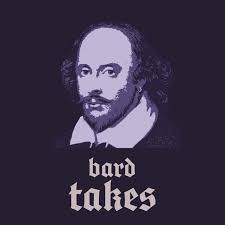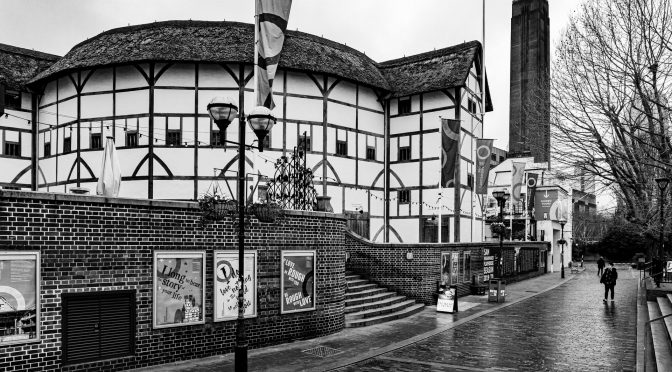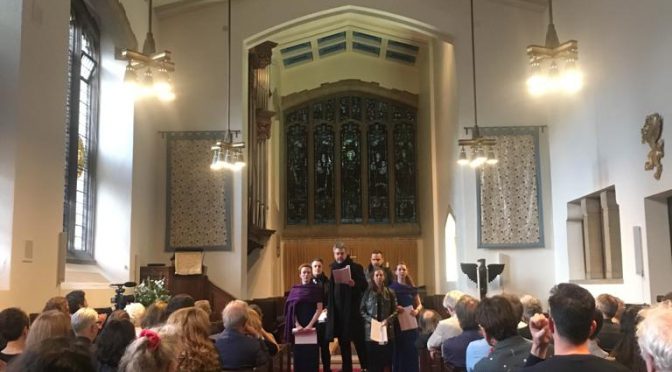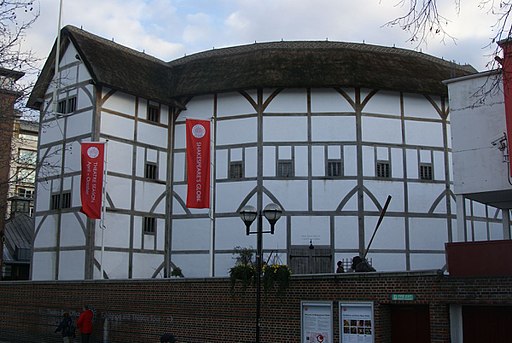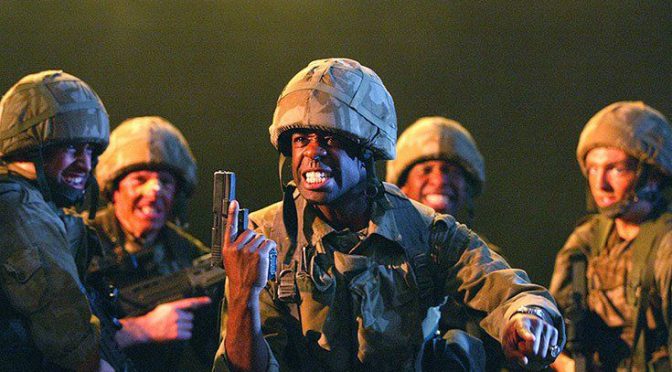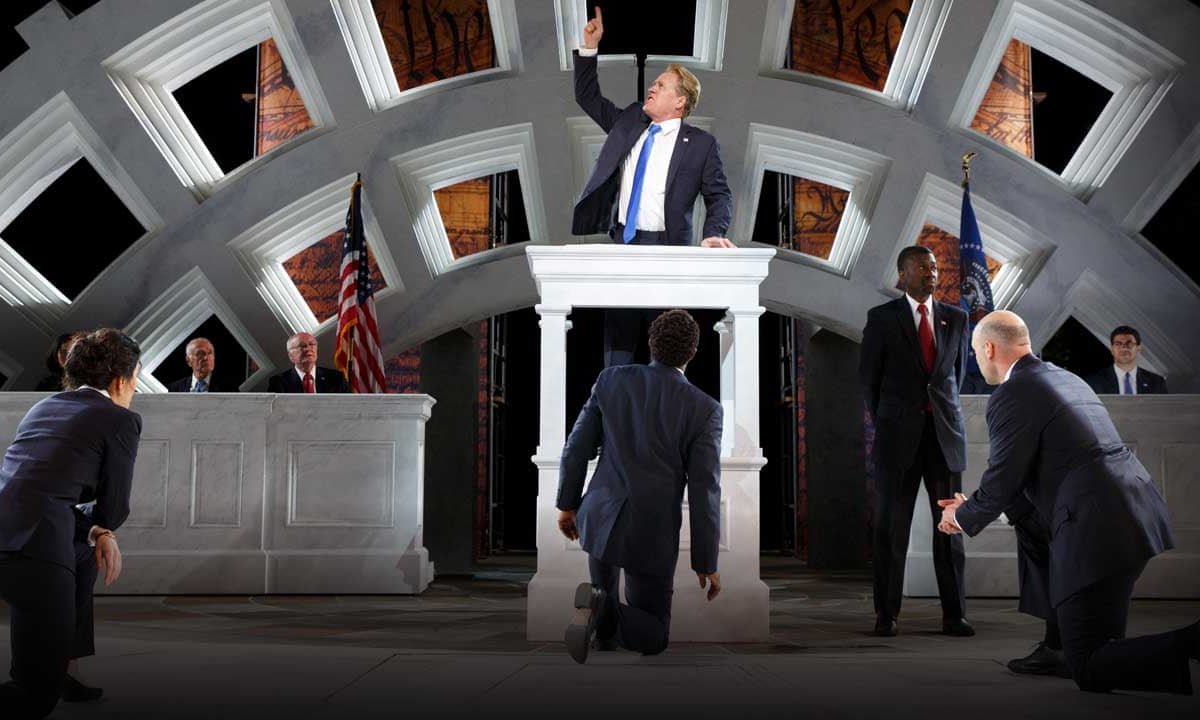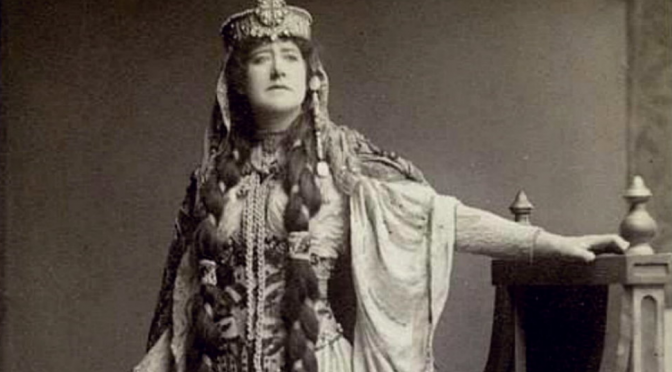The Shakespeare Academy has been running at King’s for the past three years as a Widening Participation project. In 2017-18 we reached over 350 students, continuing to develop close partnerships with teachers and pupils at eight London state-funded secondary schools, from Key Stage 3 to GCSE. We run workshops with the students that investigate Shakespeare’s plays through seminar-style sessions, readings, and creative writing activities. Read more about the Shakespeare Academy here.
Below you can read some examples of creative writing by Years 9 and 10 students from our summer 2018 workshops. We asked them to imagine what Lady Macbeth might have written if she had left a suicide note. As you can see, the pieces are inspired by the imagery and language of the play, but re-imagined for a modern audience.
I was particularly encouraged by the ways in which students engaged with the gender politics of Macbeth. Their writings express the limitations of Lady Macbeth’s agency within early modern patriarchy with a subtlety that I found truly impressive. The entrants showcased below were chosen for their originality, insight and imaginative engagement with Shakespeare’s text. They express the individual poetic and creative voices of the students, while maintaining close adherence to the characterisation, imagery and tone of the play.
– Dr Gemma Miller, English Department and Globe Education
